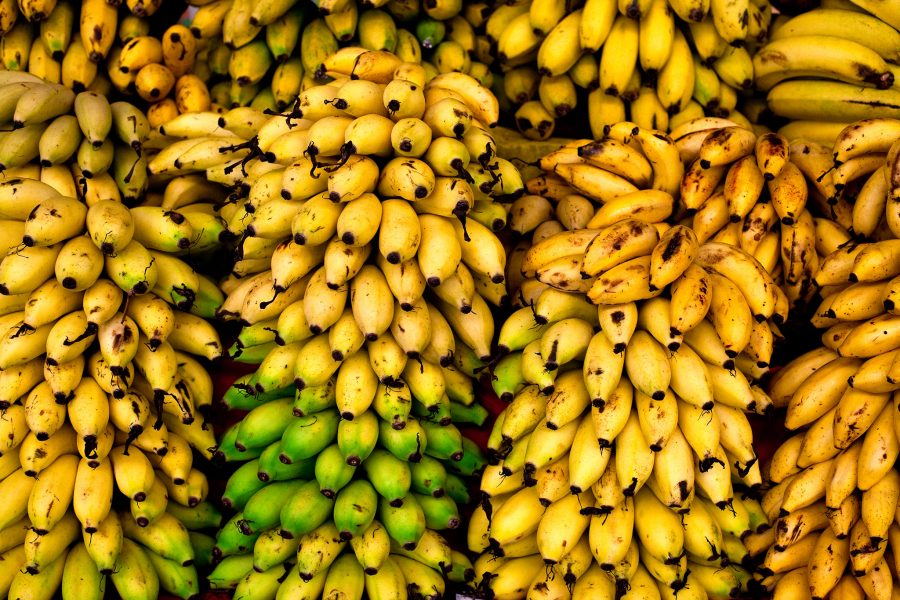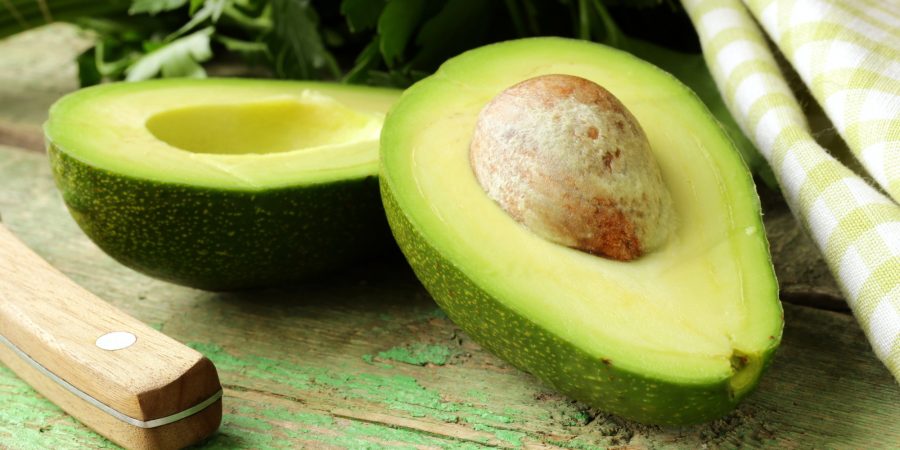A new study found eating high-potassium foods, such as bananas and avocados, may prevent heart attacks and strokes. A group of researchers from the University of Alabama at Birmingham found diets rich in potassium help prevent arteries from hardening – which often leads to heart disease.
The researchers conducted tests on mice to determine which levels of potassium were good for them, and determined the arteries of those who were fed led potassium were harder than mice who were given more potassium.

The findings were published online Thursday in JCI Insight.
Potassium-rich foods prevented artery hardening in mice
The researchers determined increased consumption protects against aortic stiffness and vascular calcification, or the hardening of heart arteries. To reach their conclusion, the scientists conducted a series of experiments on mice.
The team used mice that are prone to heart disease when fed high-fat diets. For the experiments, they supplied them with low, normal, and high levels of potassium for a specific period.
The researchers found that the arteries of mice that were fed with potassium-rich diets had less artery hardening, compared to those who were fed with low or normal levels of potassium. Furthermore, they noted foods with low or normal levels of potassium yielded significant vascular calcification and aortal stiffening.
Meanwhile, mice who enjoyed the potassium-rich diets showed more flexible arteries. Dr. Mike Knapton, a physician from the British Heart Foundation who was not involved in the study, told The Sun the study reveals how not eating enough potassium leads to aortic stiffness.
“With more research, we might be able to see if the disease forms in humans in a similar way and develop treatments,” Knapton told The Sun.
The new study highlights the need to consume more potassium-rich foods. Avocados and bananas, for instance, have proven to be beneficial for the cardiovascular system, and the new study confirms it.
Eat more bananas, avocados, artichokes, and raisins
Arterial calcification is a problem that affects thousands around the world. A recent Cardiovascular Health Study involving 4,000 men and women revealed that 79.9 percent of people aged 65 or older develop arterial calcification, often the gateway for more serious cardiovascular events.

Eating potassium-rich foods can help delay any hardening of arteries. Avocados, which have become so popular that people are slicing their hands to eat them, and bananas are perfect if you want to increase your potassium uptake, most doctors coincide.
Bananas also contain fiber and antioxidants, such as Vitamin C, Vitamin B6, Magnesium, and Copper, to name a few. They also help to moderate blood sugar level, since they rank low on the glycemic index that measures blood sugar levels in a person.
Most doctors recommend consuming 3,500 mg of potassium a day – an amount that can be found in four bananas. Other potassium-rich foods include artichokes, raisins, fat-free milk, and baked potatoes.
Source: International Business Times

Potatoes should be on the list. They are loaded with potassium and other healthy vitamins and minerals. Bad science stating they cause unhealthy spikes in blood sugar are incorrect.
Don’t get to used to those bananas or those avocados.
Avocados are essentially a mono-culture forest ripe for disease and pests. So it was bad enough when scientists found that the “ambrosia” beetle was ravaging avocado
trees in South Florida. Then scientists found out that the redbay
ambrosia beetle — originally determined to transmit laurel wilt — is
rare in avocado groves but that six other beetle species could carry the
laurel wilt pathogen. There are 14 varieties of ambrosia beetles that can carry laurel wilt. And this is happening world-wide. Cuts in NIS funding has meant that virtually all America’s entomologists are unemployed or have moved to other fields.
And bananas are in even worse shape. Bananas are even worse than a mono-culture — they are clones of a single plant. This makes them riper even for diseases and pests. The current banana is the Cavandish. Before that it was the Gros Michel (aka Big Mike) that had much more “banana” taste, but was also a clone. A fungus destroyed them all in just a few years, n.b. “Yes We Have No Bananas.” A new fungus is killing all the Cavendish bananas and all other cultivars from that family. This is also happening worldwide.